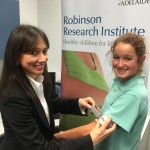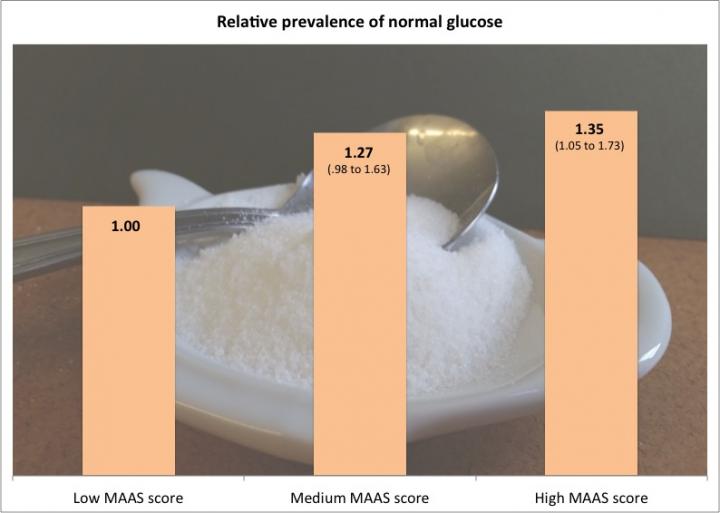Infections Can Increase Risk of Diabetes in Children
A recently published study details how a certain type of infection in infants is associated with a greater risk of developing type 1 diabetes. Viral...
Extra 1000 Daily Steps Helps Kids with Type 1 Diabetes
New research shows improvements in cardiovascular health for type 1 diabetic children who take just 1000 extra steps each day. Keeping count of daily steps...
Teens and Young Adults with Type 1 Diabetes Welcome Peer Mentoring
Majority of those surveyed expressed an interest in a peer mentoring program to improve diabetes control.
Lancet: Miracle Treatment for Diabetic Babies Provides Long-Term Success
The Lancet details a miracle treatment which is successful in treatment of neonatal diabetes (babies with diabetes) over the long-term, providing excellent sugar control after 10 years.
Recovering T Regulatory Cells in Pancreas May Restore Insulin Production in Diabetics
The key to restoring production of insulin in type I diabetic patients, previously known as juvenile diabetes, may be in recovering the population of protective cells known T regulatory cells in the lymph nodes at the "gates" of the pancreas.
Researchers Identify Mechanism in the Pancreas that Turns on Insulin Production
Researchers at the Salk Institute have discovered how a hormone turns on a series of molecular switches inside the pancreas that increases production of insulin.
New Needle Free Injection System Provides Comfortable Option For Taking Insulin
There's encouraging news for the more than 16 million Americans living with diabetes-painful needlesticks associated with insulin injection may soon be a thing of the past.
Photos Helping Researchers Understand Juvenile Diabetes
If a picture is worth a thousand words, UF Health Type 1 diabetes researchers and their colleagues have tapped into an encyclopedia, revealing new...
People with Type 1 Diabetes Live Longer with Early Blood Glucose Control
People with type 1 diabetes who intensively control their blood glucose (blood sugar) early in their disease are likely to live longer than those who do not.
Study: Formula Feeding, Early Introduction Of Infant Food May Not Contribute To Childhood Obesity
A new study has found that a child's fatness at age five is not related to being breastfed or the age in infancy when other foods are introduced.
Study: TV Viewing During Lunch Affects Preschool Children’s Intake
Preschool children who usually eat meals at home while watching TV ate one-third more lunch when they were shown a cartoon video during lunchtime versus when they ate lunch without TV.
1-in-3 Type 1 Diabetics Still Produce Insulin Years After Being Diagnosed
About one-third of type 1 diabetics (T1D) produce insulin even upward of forty years from initial diagnosis, according to a new study.
Researchers Create Closed-Loop Artificial Pancreas
Researchers help create a closed-loop artificial pancreas to automatically monitor blood sugar levels and administer insulin to patients with Type 1 diabetes.
Exercise Alone Improves Insulin Sensitivity in Obese Sedentary Adolescents
A moderate aerobic exercise program, without weight loss, can improve insulin sensitivity in both lean and obese sedentary adolescents.
Healthy Weight Means Healthier Blood Lipid Profile In Children
Study shows maintaining a healthy weight in children may be one good way for them to keep a healthy blood lipid profile and grow up with a happy heart.
Noninsulin-Producing Alpha Cells in the Pancreas Can Be Converted to Insulin-Producing Beta Cells
In findings that add to the prospects of regenerating insulin-producing cells in people with type 1 diabetes, researchers have shown that insulin-producing beta cells can be derived from non-insulin-producing cells in the pancreas.










